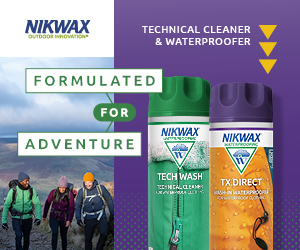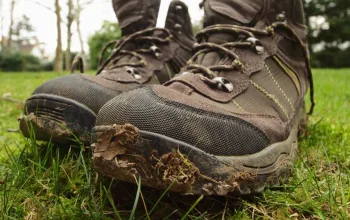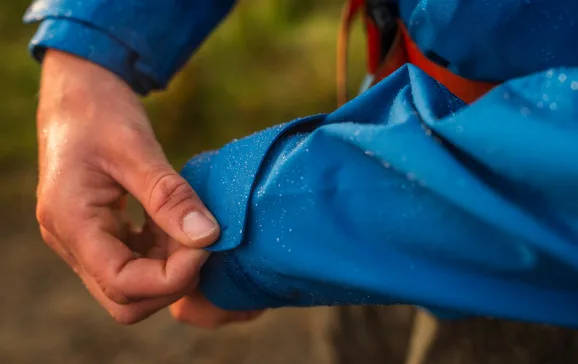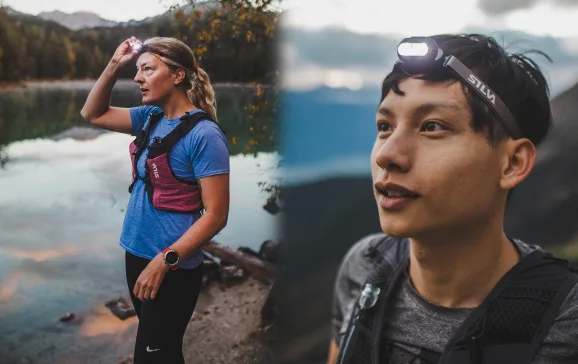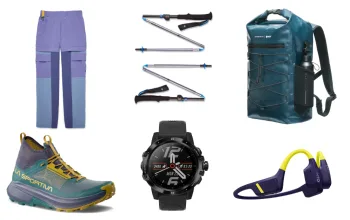As news about the risks of the Zika virus spreading globally dominates the headlines, travel-healthcare expert Lifesystems has outlined its advice for avoiding virus-spreading mosquito bites.
Particularly concerning for women that are pregnant or hoping to conceive, the virus is spread via bites from the Aedes mosquito, a biting insect that is prevalent across the Americas.
With no Zika virus vaccine currently available - and other dangerous viruses like Malaria, yellow fever, dengue fever also carried by mosquitos - deterring the insect bites in the first place is the best line of defense.
Already a major concern throughout South America, the Zika virus has recently been declared a global public health emergency by the World Health Organisation. Transmitted by the Aedes mosquito, the virus is spread when infected blood from one person is passed to others as the mosquito feeds.
Just 1 in 5 individuals affected will show physical symptoms which can include fever, joint pain, conjunctivitis and rashes. However the risk is greatest for pregnant women as Zika has been linked to a surge in microcephaly, a birth defect which causes babies to be born with abnormally small heads and underdeveloped brains.
Experts are advising travellers or those in affected countries to wear a high-performance repellent such as Lifesystems' Expedition 50+.
Featuring an advanced dual-action formula, the repellent contains 50% DEET which works by blocking the insects' receptors so that they are less likely to land on your skin. Added to this is an effective bite inhibitor made from natural Pyrethrins, which helps to ensure that any insects which do land on your skin will be deterred from biting.
Top repellent tips ...
1. Re-apply regularly
Although Lifesystems' Expedition 50+ lasts for 10 hours, for optimum protection re-apply repellent every 6 hours.
2. Treat your clothes
You could also consider applying a higher DEET content repellent to clothing made of natural fibres only.
3. Be thorough
One of the most common mistakes when applying repellents is that people don't apply it thoroughly enough. Work methodically from your feet and ankles upwards to ensure all exposed skin is fully covered.
4. Hotspots
Make sure to focus specifically on areas where blood flow is particularly close to the surface such as your ankles, neck and wrists - these are particular hotspots for bites.
5. Sensitive areas
Take care when applying repellent to sensitive areas like your face - spray it into your hands and then rub it on rather than spraying the repellent directly on.
6. Children
If applying repellent to children, spray it onto your hands and then rub it in. On both adults and children, be careful to avoid broken or irritated skin where possible and wash your hands after application.
7. Using with sunscreen
Apply your repellent half an hour after your suncream has been applied for maximum protection. If re-applying your suncream, remember to top up your insect repellent too.
8. What about perfume or body lotion?
General advice is to avoid wearing floral or fruit perfumes or body lotions when travelling in mosquito infested areas, these scents can attract mosquitoes leading to painful bites and potential infections.
9. Repellent storage and care
Lifesystems' repellents are developed to have heat stable formulas that shouldn't degrade in most conditions. Where possible, try and keep your repellent in a cool, dry environment and avoid subjecting it to temperatures of 45oC plus. For optimum protection, we would recommend that you replace your repellents every 2 years.
10. Sleep under a net
Although the Aedes mosquito is most aggressive during the day and at early dusk, you should take precautions to protect yourselves during the night time hours too with a net such as Lifesystems' MicroNet.
Available in two sizes to fit single or double beds, the portable net is constructed from a breathable and airy white mesh fabric with 156 holes per square inch. The robust mesh prevents mosquitos and other biting insects from being able to bite during your sleep and the net's functionality is further enhanced by an advanced EX8 AntiMosquito impregnation. Lasting for two years, the EX8 treatment kills insects on contact.
For more advice on choosing the right insect repellent visit lifesystems.co.uk
For the latest advice and information on the Zika virus visit gov.uk




